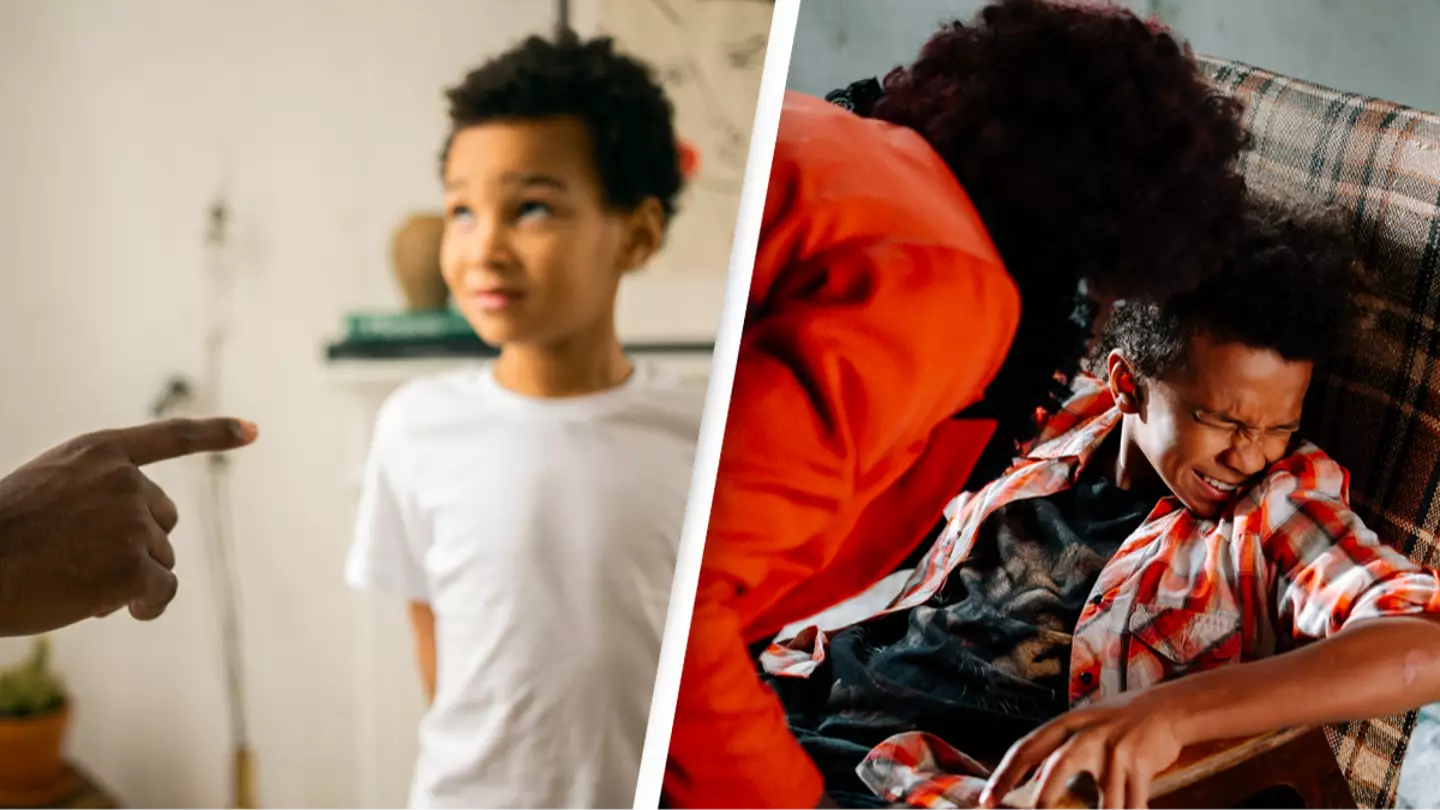
A study reveals verbal abuse can be ‘as damaging’ to children as physical and sexual abuse.
Words Matter is a newly launched charity 'on a mission to improve children's mental and physical health and development by helping to end verbal abuse'.
A survey of 1,166 children and 1,159 parents by Family, Kids and Youth in June 2023, discovered two in five children experience 'harmful verbal abuse from adults around them,' 51 percent experiencing it weekly and one in 10 children daily.
Words Matter's founder, Jessica Bondy, tells UNILAD why the verbal abuse of children is 'a universal issue' and 'one which needs to be addressed as a matter of priority' - the charity also revealing the 'most hurtful and upsetting words and phrases' adults can say to children.
Advert
**Warning: Contains examples of verbally abusive language and behaviour some may find upsetting.**
A report from the Centers for Disease Control and Prevention reveals the prevalence of physical and sexual abuse of children was surpassed by the prevalence of childhood emotional abuse from 2011 to 2020. This occurred across 50 states and the District of Columbia, according to a systematic review looking into childhood verbal abuse, titled Childhood verbal abuse as a child maltreatment subtype.
The review, posted to Science Direct, continues: "A key attribute of childhood emotional abuse is the underlying adult-to-child perpetration of verbal abuse, which is characterized by shouting, yelling, denigrating the child, and verbal threats.
"These types of adult actions can be as damaging to a child's development as other currently recognized and forensically established subtypes of maltreatment such as childhood physical and sexual abuse. Yet there is less attention to childhood verbal abuse (CVA) perpetrated by adults as either a form of childhood emotional abuse or its own category of maltreatment."
Words Matter - the 'first organisation in the world to focus solely on ending childhood verbal abuse by adults' - aims to tackle this.
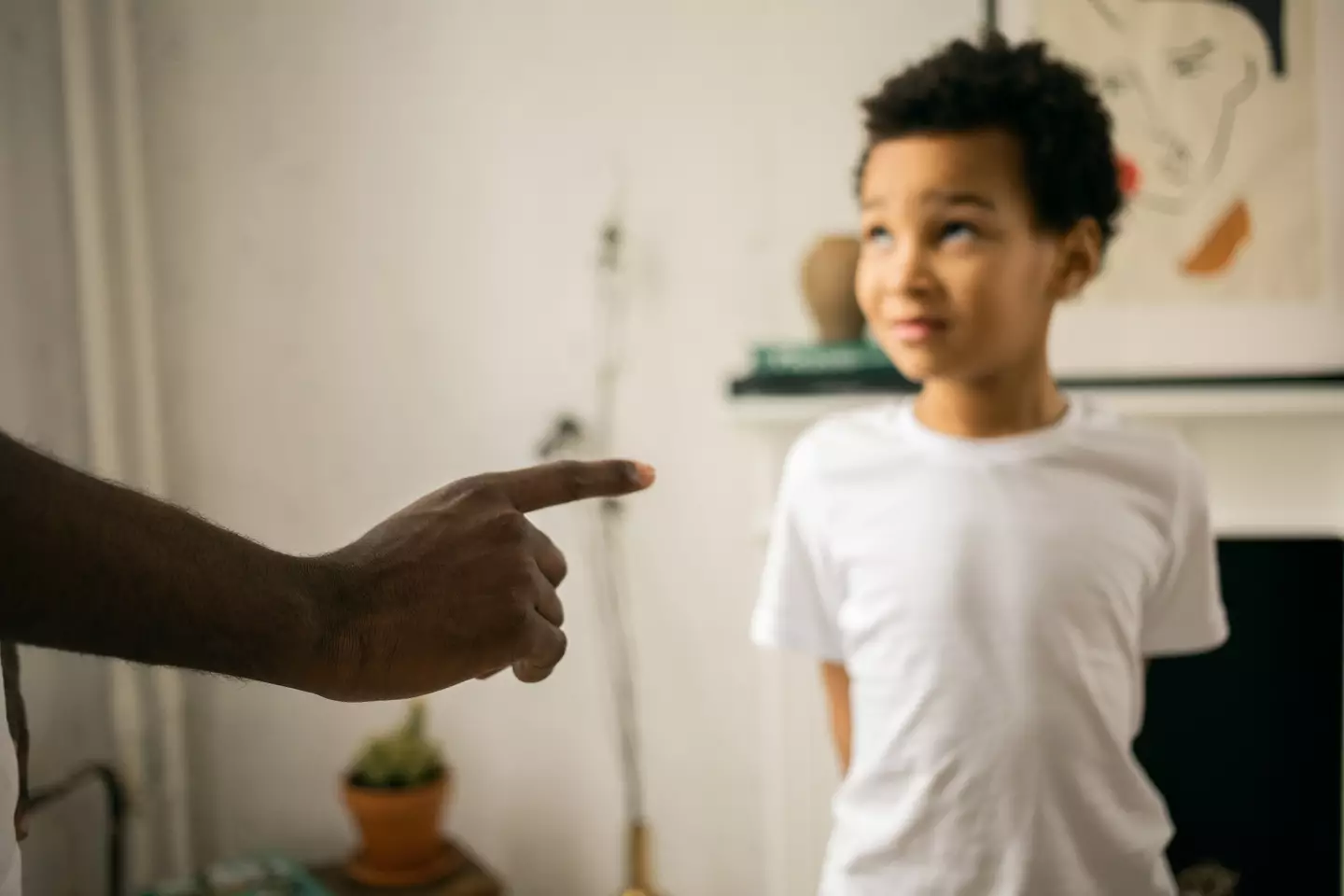
However, it's important to note verbal abuse 'isn't just shouting and screaming'.
Words Matter's website explains: "Verbal abuse may take the form of blaming, insulting, belittling, intimidating, demeaning, disrespecting, scolding, frightening, ridiculing, criticising, name-calling or threatening a child.
"It’s not just about shouting and screaming. Verbal abuse can also be quiet, insidious and subtle. Tone, volume and facial expression all play a part.
The charity notes not all verbal abuse of children is intentional, it can be 'a result of stressful lives and situations', but it is 'commonly used to intimidate, undermine and maintain a level of control and power over a child'.
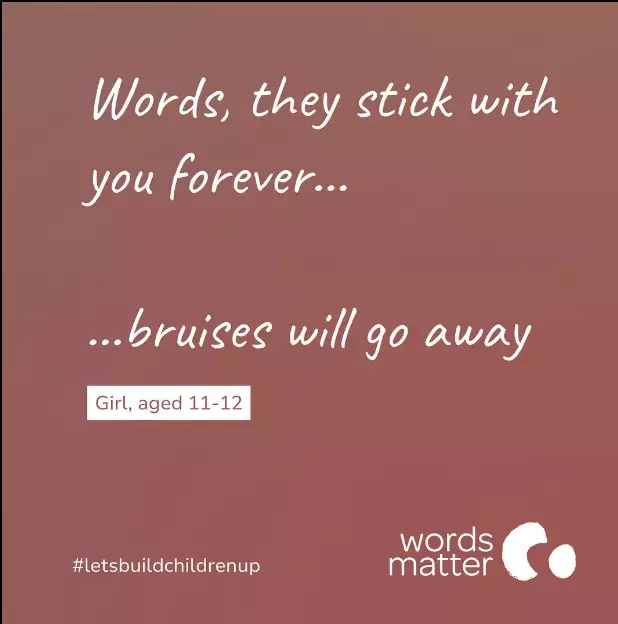
And Words Matter has shared a list of words and phrases its survey revealed children found 'most hurtful'.
The phrases include: "You're useless (59 percent). You're stupid (56 percent). You can't do anything right (52 percent). You're worthless (48 percent). I'm ashamed of you (48 percent)."
66 percent of children surveyed reported feeling 'sad' after hearing one of the phrases, 65 percent, low in confidence, 53 percent felt depressed and 52 percent humiliated.
A further 46 percent said they felt anxious as a result, 45 percent ashamed, 44 percent embarrassed, 32 percent isolated and 23 percent frightened.
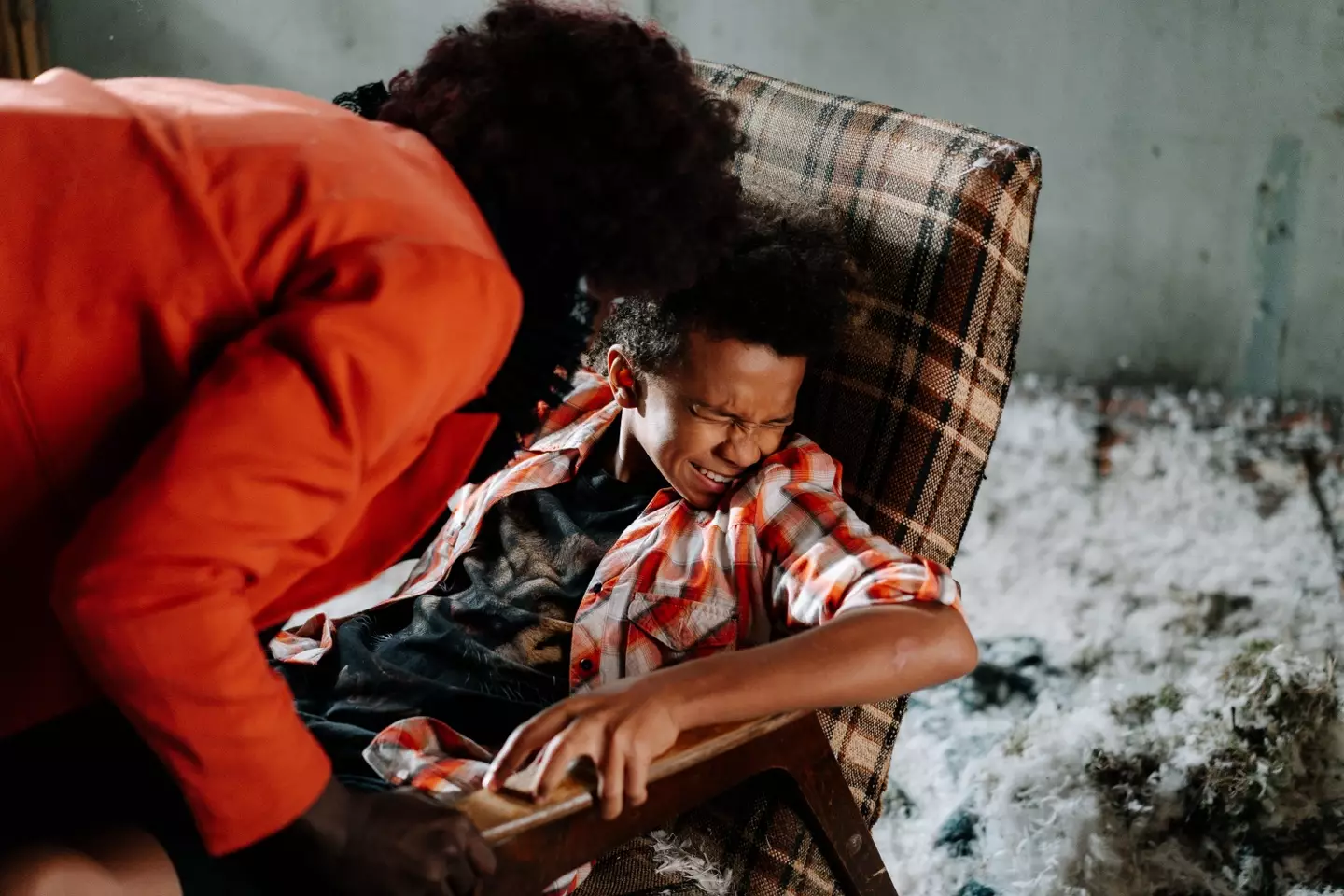
These phrases - and verbal abuse as a whole - can have a long-lasting impact on children's development, leading to potential mental and also physical problems in the future.
Bondy set up the charity as a result of her own lived experience, but also having coached children and adults who've also suffered verbal abuse as children by adults.
She tells UNILAD: "Childhood verbal abuse can actively weaken the foundations of the brains as brains are built in response to the people they've grown up with."
Words Matter warns: "It can be constant, and without help the harm can lead to anxiety, depression, eating disorders, PTSD, substance abuse, self-harm and even suicidal behaviours.
"In addition, people who have been verbally abused may seek relationships where they are again abused. They can also become abusers themselves, as this is how they have learned to communicate.
"[...] Words matter. They stick. They last a lifetime. Their impact shapes who we are and who we become."
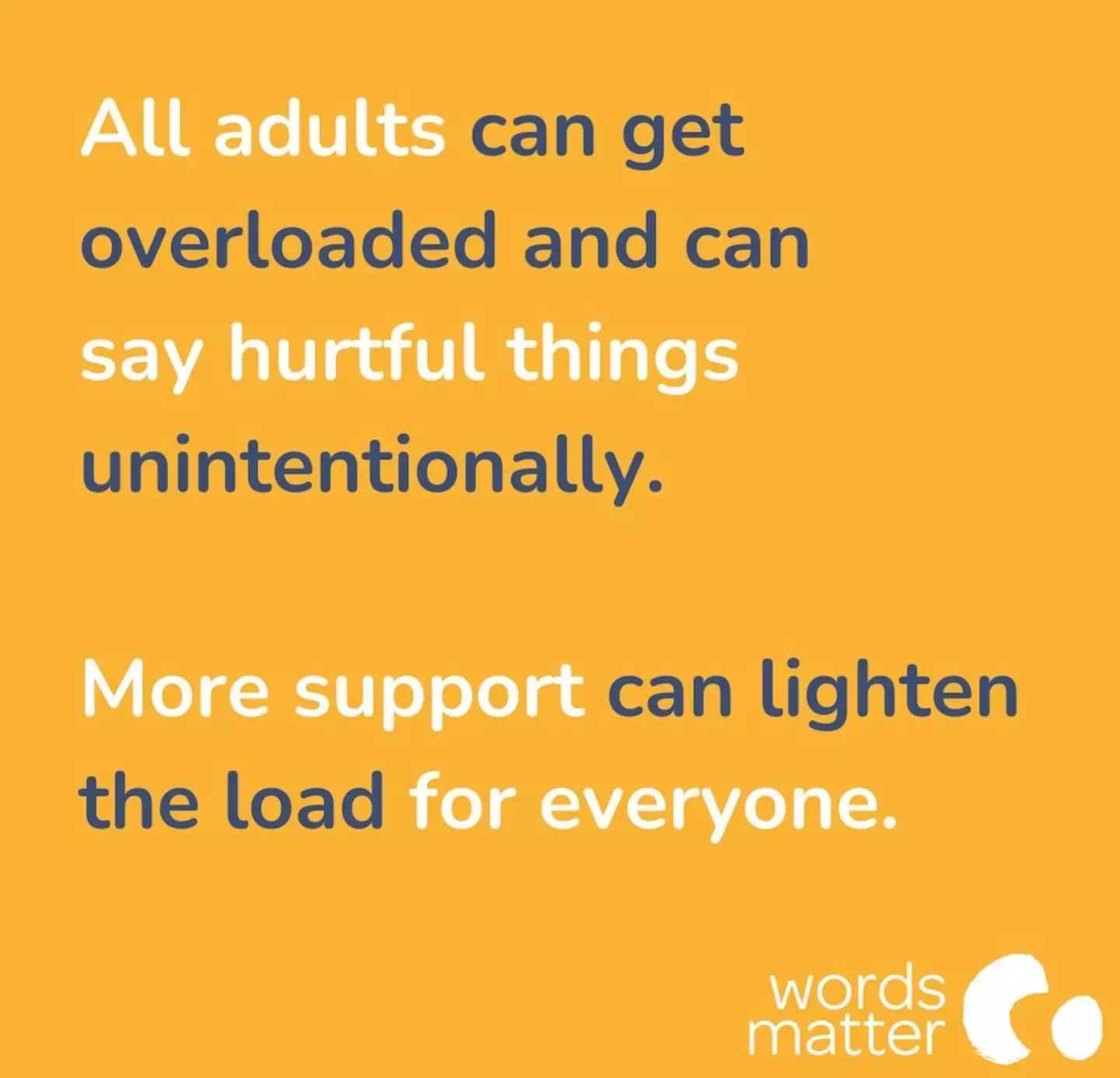
Through support and donations, using research, raising awareness and providing education through collaboration with experts, Words Matter hopes to 'end verbal abuse of children by adults around them'.
You can also get involved by signing up to attend an international conference on childhood verbal abuse by adults Words Matter is holding on 11 April, 2024 in association with the World Health Organisation and University College London.
Bondy resolves: "World Mental Health Day and every day, adults need to think about what they say to children.
"Words have power, and hurtful, critical words can lead to lifetime damage to their mental and physical health and development.
"Let’s build children and young people up, not knock them down... Respect a child and they respect themselves and others.
"Importantly, it is never too late - an apology is a start."
You can find out more about Words Matter and the work they do here.
If you’ve been affected by any of these issues and want to speak to someone in confidence regarding the welfare of a child the Childhelp USA National Child Abuse Hotline (1-800-4-A-CHILD (1-800-422-4453) operates 24 hours a day, seven days a week, and receives calls from throughout the United States, Canada, U.S. Virgin Islands, Guam and Puerto Rico.
Topics: World News, Mental Health, Parenting, Health, UK News, US News, Social Media, Instagram, Twitter